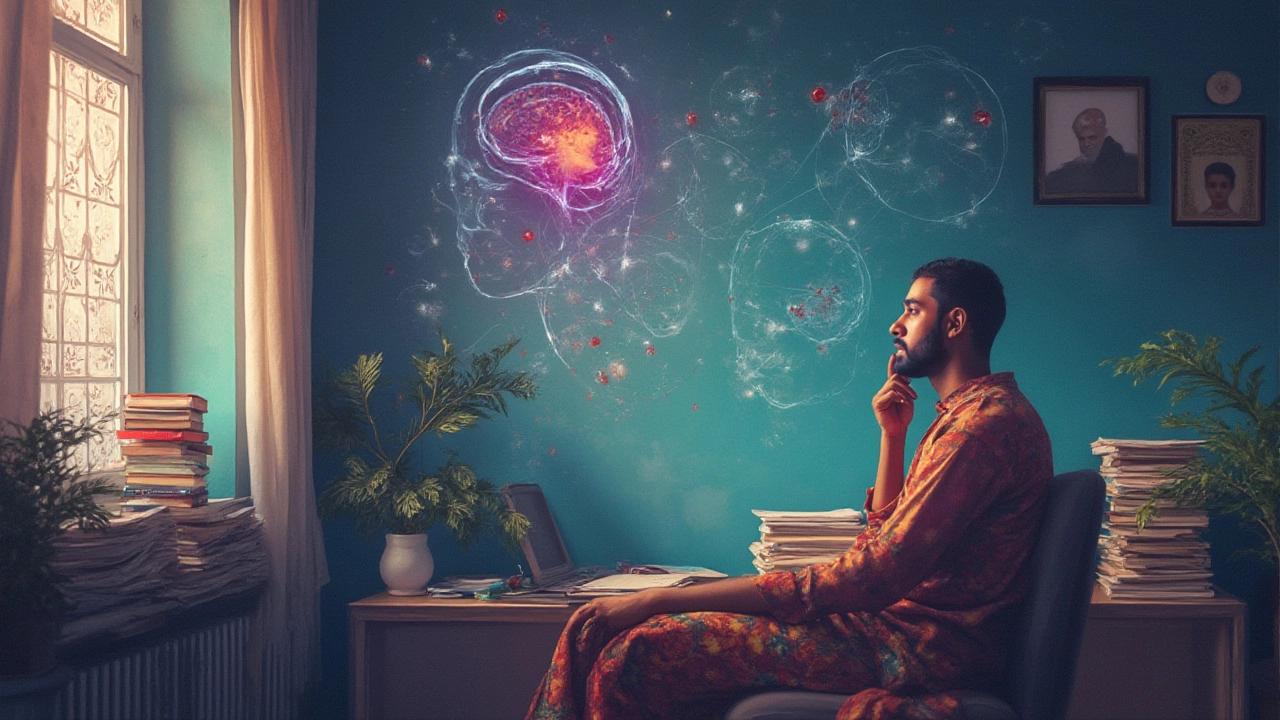mental health recovery: practical ways to bounce back
When focusing on mental health recovery, the process of restoring psychological well‑being after stress, trauma, or illness. Also known as psychological healing, it involves techniques that rebuild resilience and balance. You’ll notice that recovery isn’t a single event; it’s a series of habits, support systems, and often professional guidance. That’s why mental health recovery works best when you combine self‑care, expert help, and an understanding of the conditions that may have triggered the struggle.
Key components of mental health recovery
One of the most effective tools is therapy, guided conversations with a qualified professional that help you process emotions, identify patterns, and develop coping skills. Whether it’s cognitive‑behavioral, dialectical, or supportive counseling, therapy offers a safe space to untangle thoughts that keep you stuck.
Understanding the underlying mental disorders, clinical conditions such as depression, anxiety, or ADHD that affect mood, cognition, and behavior is another cornerstone. For instance, someone dealing with ADHD, a neurodevelopmental condition marked by inattention and impulsivity may benefit from specific behavioral strategies, medication, and structured routines. Recognizing these labels removes guesswork and opens doors to targeted treatment.
Beyond formal therapy, everyday practices like regular exercise, mindfulness, and reliable social support amplify recovery. Setting realistic goals—like a 10‑minute breathing exercise each morning—creates momentum. Pairing these habits with professional input ensures you’re not trying to rebuild on shaky ground.
Below you’ll find a curated list of articles that dive deeper into each of these areas, from coping with anxiety to navigating therapy options and understanding how ADHD impacts long‑term health. Use them as a roadmap to shape your own recovery journey.
Hardest Mental Illnesses to Treat: Why Borderline Personality Disorder Challenges Modern Psychiatry
Exploring the most challenging mental illnesses to treat, including why Borderline Personality Disorder remains a puzzle for psychiatrists. Understand facts, treatment gaps, and hope in 2025.
